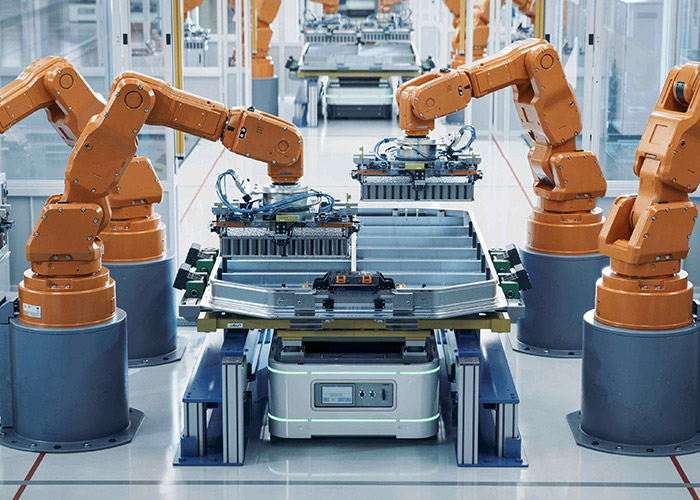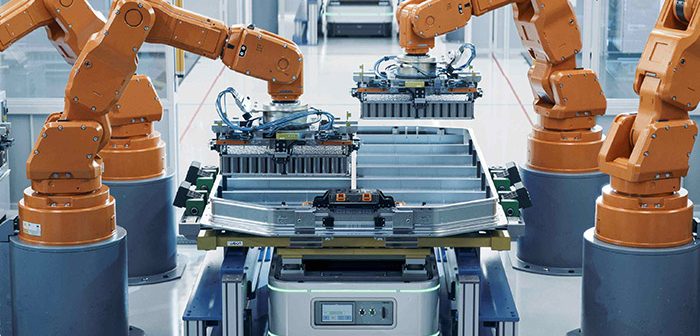
Global technology firm ABI Research expects digital spending in SEA, covering Industry 4.0 technologies like robotics, automation, digitalisation, data analytics, connectivity, and worker enablement, to surge from USD75 billion in 2023 to over USD300 billion by 2028. They say this offers significant growth prospects for smart manufacturing solutions in Southeast Asia.
The findings are from ABI Research’s Key Verticals and Opportunities for Smart Manufacturing in Southeast Asia application analysis report. This report is part of the company’s Southeast Asia Digital Transformation and Industrial and Manufacturing Markets research service, which includes research, data, and ABI Insights.
“Recent visits by Apple Chief CEO Tim Cook and Nvidia CEO Jensen Huang to Southeast Asia are some examples that highlight the increasing importance that this region plays towards supporting the manufacturing activities of these global players,” says Matthias Foo, Senior Analyst at ABI Research. “Beyond that, Chinese automotive manufacturers, such as Hozon New Energy Automobile, GAC Aion, and BYD, are also considering expanding their manufacturing capabilities in the region.”
In addition to the influx of sizeable global manufacturing entities into the region, Southeast Asia is also witnessing the increasing adoption of digital technologies by large domestic players across various industry verticals, including but not limited to Siam Cement Group, Republic Cement, KCE Electronics, Vinamilk, Hoa Phat Group, SteelAsia, PTT Global Chemical, and Smart Asia Chemical Bhd. Some commonly implemented solutions include manufacturing process software, such as product lifecycle management and manufacturing execution systems, and hardware solutions, such as robots, automated guided vehicles, and internet-of-things sensors.
However, supporting the digital transformation of manufacturing activities within the region is challenging. Some Southeast Asian countries may lack the necessary talent or energy infrastructure to support the rapidly increasing number of manufacturers and the implementation of advanced digital solutions. Additionally, with wages being traditionally lower in this region than in more developed areas, manufacturers will likely feel more disincentivised to implement digital solutions, which may require high upfront capital expenditure.
“Manufacturers in Southeast Asia, especially domestic firms, are not expected to transform their operations overnight completely digitally,” said ABI’s Jake Saunders. “For firms that are just beginning on their digital journey, ensuring that the right data collection and storage strategies are put in place will be a critical starting point for many enterprises.”





